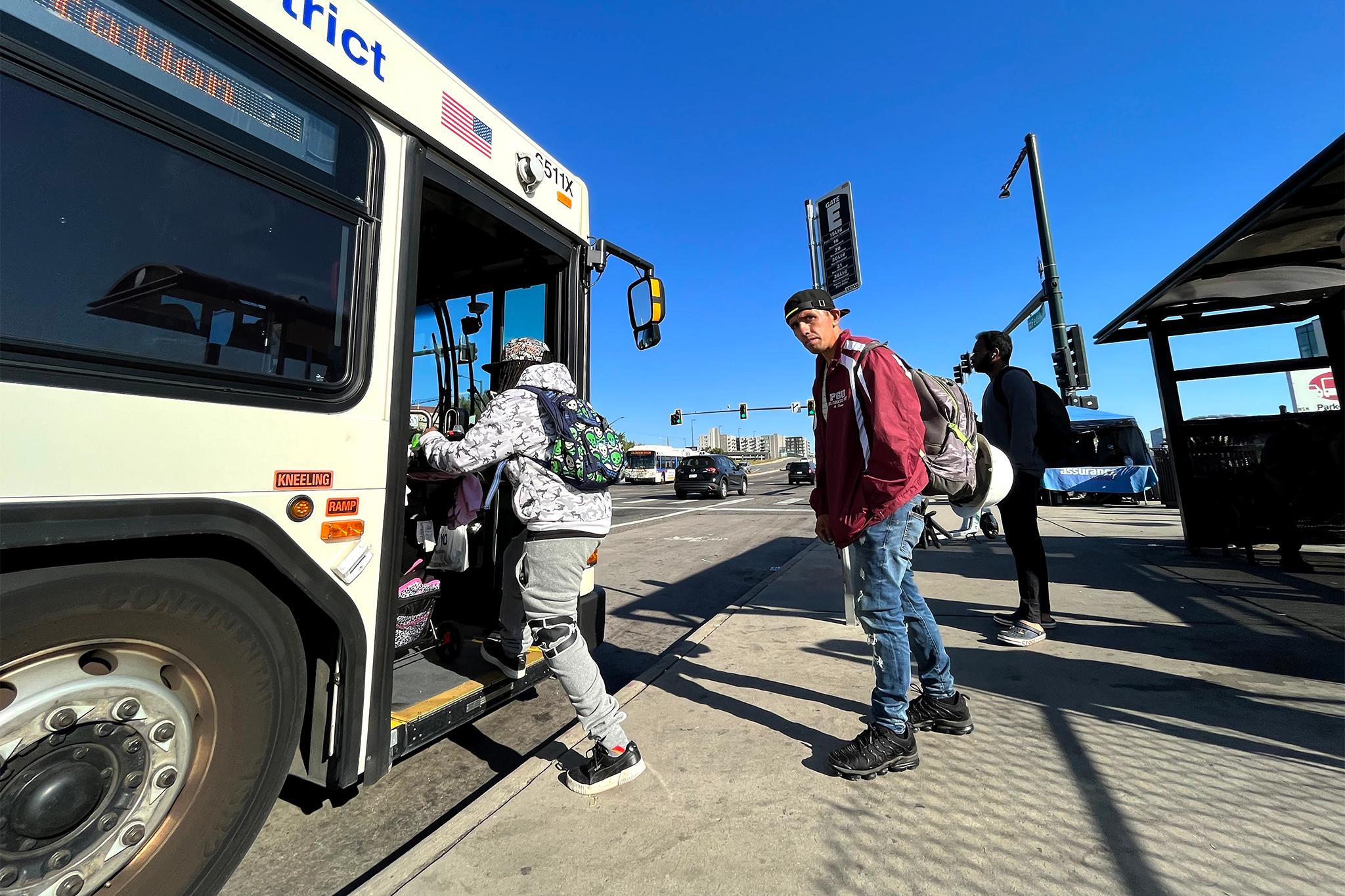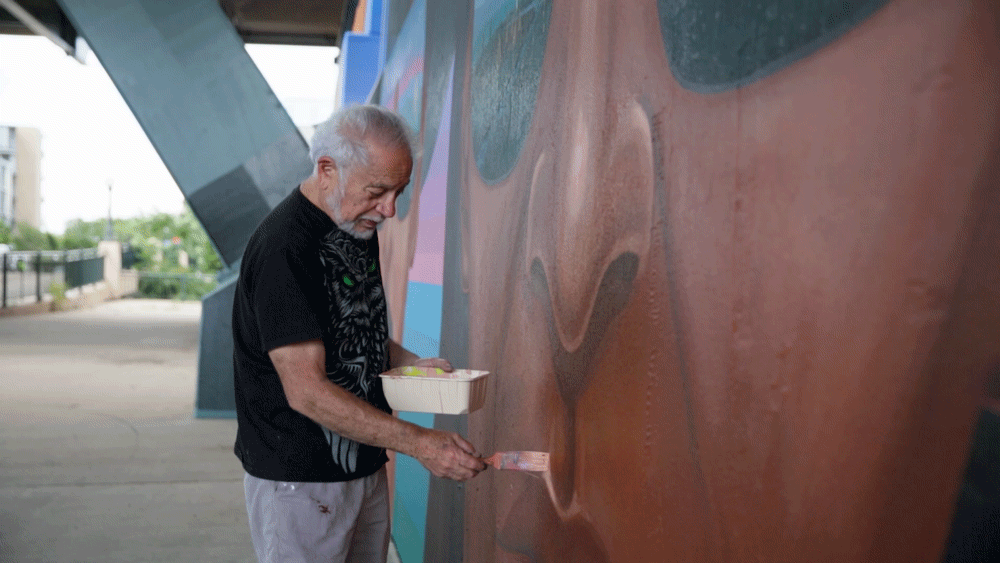Denver's Regional Transportation District offered free fare over the last two summers. Did the no-cost rides increase the number of people on RTD's buses and trains?
Initial reports show promising results.
During the second summer of RTD's Zero Fare for Better Air initiative, overall ridership grew by 10%. The program, funded through a state grant, began in 2022 with free fare in August, and expanded in 2023 with free fare in July and August.
July of this year saw an approximate 16% increase in ridership compared to July of 2022, which charged travelers to ride. The program also gained passengers compared to last year's free fare period; in August, ridership grew by about 4% compared to that same month in 2022.
August ridership grew by 22% compared to July 2022 ridership, and by 36% compared to August 2021 ridership.
"RTD was pleased to welcome many new and returning customers to its system in July and August," Debra A. Johnson, RTD's general manager and CEO, said in a statement Thursday. "The agency and its partners worked together to encourage people in the Denver metro area to explore new commuting habits. As RTD looks ahead to the future, the agency is focused on providing value over volume to ensure the region's mobility needs are met."
Paratransit saw the biggest growth in ridership, at 50% compared to the same period last year.
A Line ridership grew by 14%, and made up three quarters of commuter rail ridership during the free fare period. Overall commuter rail ridership also grew by 14%, and bus ridership increased by 16%.
Light rail ridership decreased by 13 %, which RTD attributed to maintenance projects on the E, H and R lines.
RTD also surveyed customers at the start of August, and found that 74% of people said the free fare initiative affected their choice to ride RTD. As for other factors driving ridership, 84% of respondents pointed to cost savings and 85% pointed to environmental benefits. Only 33% of respondents said they were riding for work.
According to RTD, about half of surveyed employees said they thought the free fare initiative improved the transit environment, and more than half said they would support a future initiative in 2024.
The long-lasting effects of free fare are still unclear.
Like in many cities, Denver's ridership dropped at the start of the pandemic, though it has begun to return to pre-pandemic levels. However, bringing back service and ridership has been a challenge compounded by RTD's staffing issues in recent years.
It's too early to tell whether the 2023 increase in ridership indicates a growing number of travelers.
A number of other cities have piloted free fare days and routes, with varying success. In Richmond, Virginia, free fare brought ridership above pre-pandemic levels. Ridership has also gone up in Kansas City, which went fare-free during the pandemic. Across the globe, Estonia eliminated fares a decade ago, but car traffic has increased since then. But comparing the effects of free fare programs across cities can be difficult; there's a number of other factors influencing ridership, such as the geographic accessibility of routes and downtown recovery from the pandemic.
RTD is still studying the effects of the free fare months on air quality. The agency said it will release a report with the Regional Air Quality Council in November.
Given the state grant funding, the future of potential free fare months going forward is unclear. But RTD will implement a number of other measures to promote ridership in 2024, including a reduced and simplified fare structure and a free fare pilot program year-round for youth under the age of 19.














